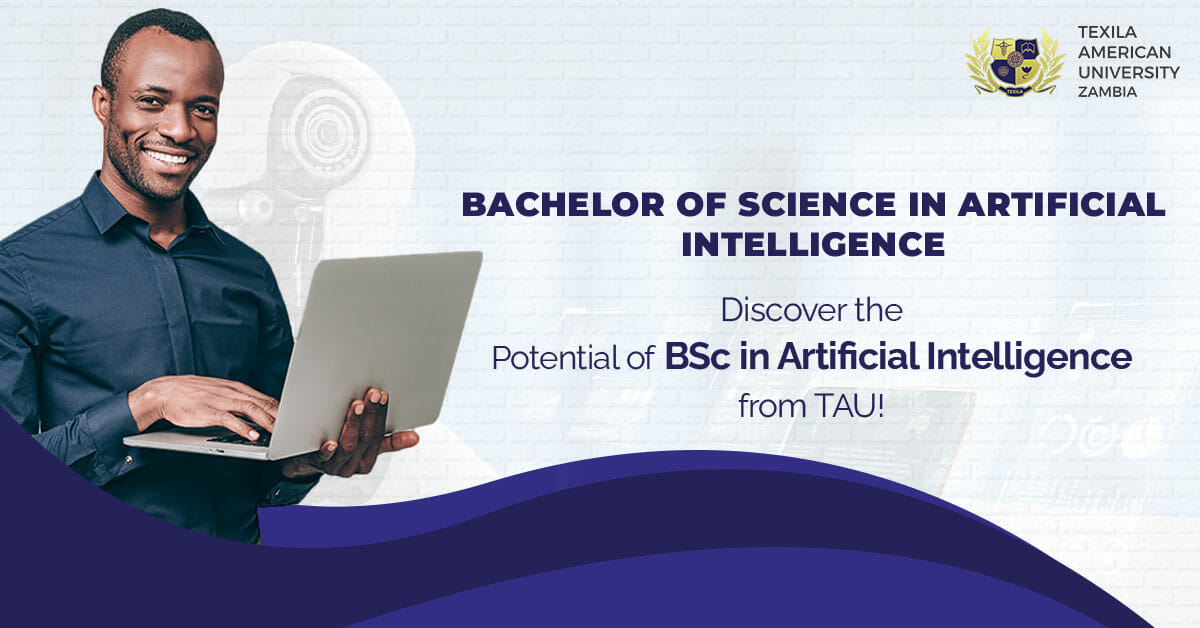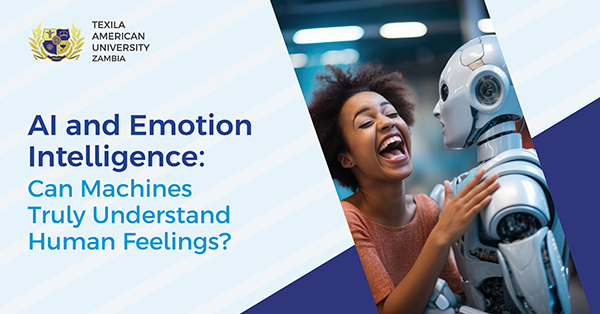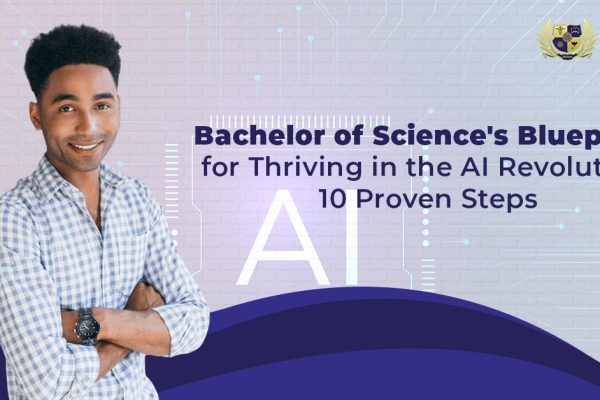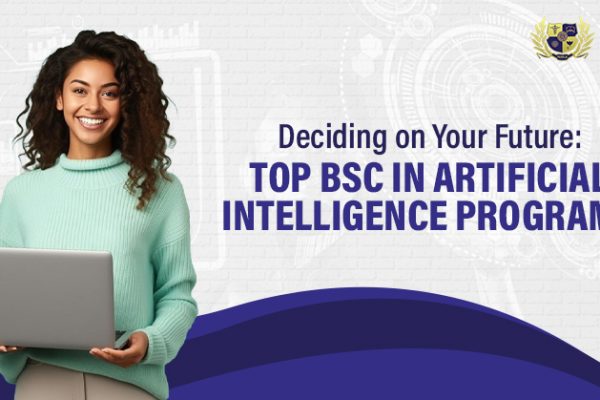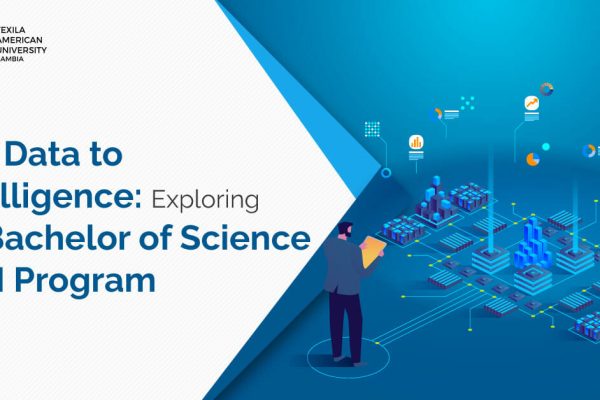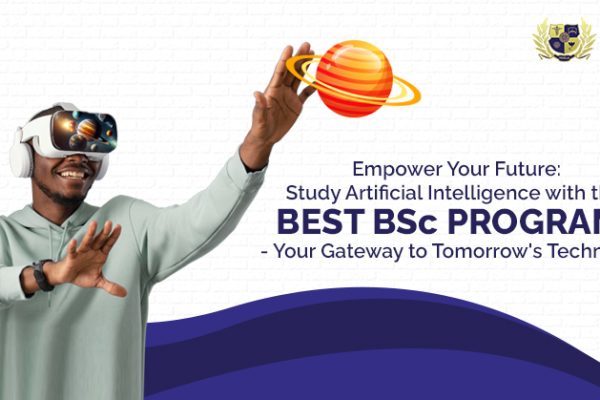|
Tired of Reading? Please listen to the blog
|
Blog Summary
Artificial Intelligence (AI) is transforming industries worldwide, driving innovation and efficiency. This blog explores AI’s impact across sectors like healthcare, finance, manufacturing, and entertainment, where it’s automating tasks, analyzing vast data, and improving decision-making. Real-world examples include personalized medicine, algorithmic trading, smart factories, and recommendation systems. The blog offers insights into AI’s potential to enhance operations, user experiences, and expand what’s possible. Whether you’re an AI enthusiast, business leader, or just curious, this blog reveals how AI is reshaping industries and our world, offering a glimpse into the limitless possibilities of the AI revolution.
- Introduction
- Exploring the Curriculum: What to Expect from BSc in Artificial Intelligence Programs
- Comparing Bachelor's Programs: Finding the Best Artificial Intelligence Course for You
- Career Pathways: Opportunities for Graduates of Bachelor's in Artificial Intelligence Programs
- Industry Integration: How Bachelor's in AI Courses are Transforming Various Sectors
- The Future of AI Education: Trends and Innovations in Bachelor of Science in AI Programs
- Conclusion
- FAQs
Introduction
Artificial Intelligence (AI) is transforming industries and driving innovation across sectors. As the demand for AI expertise grows, educational institutions are responding by offering Bachelor’s programs specifically focused on AI. These artificial intelligence bachelor’s degree programs (BSc) are meant to give students the information, abilities, and real-world experience they need to succeed in the quickly developing field of AI. In this exploration, we explore what to expect from a BSc in Artificial Intelligence programs, compare different programs to find the best fit, examine career pathways for graduates, explore how AI integrates into various industries, and consider future trends and innovations in AI education.
Exploring the Curriculum: What to Expect from BSc in Artificial Intelligence Programs
Understanding the Core Modules:
BSc in Artificial Intelligence programs typically offer a comprehensive curriculum covering fundamental concepts and advanced topics in AI. Courses like Introduction to AI, Machine Learning, Deep Learning, NLP, Computer Vision, Robotics, Data Science, and Algorithms may be offered. The theoretical information and practical skills students need to succeed in various AI-related professions are taught in these courses.
Hands-on Projects and Practical Experience:
One of the critical features of BSc in Artificial Intelligence programs is the emphasis on hands-on learning. Students often engage in practical projects throughout their studies, working on real-world problems and datasets. These projects allow students to apply theoretical concepts to practical scenarios, gain valuable experience, and develop problem-solving skills crucial for success in the AI industry. Additionally, some programs offer opportunities for internships or co-op placements, enabling students to gain industry experience and network with professionals.
Comparing Bachelor’s Programs: Finding the Best Artificial Intelligence Course for You
Curriculum Comparison:
When comparing Bachelor’s in Artificial Intelligence programs, it’s essential to evaluate the curriculum offered by each program. Look for AI courses that address a variety of pertinent subjects, including computer vision, robotics, machine learning, neural networks, and natural language processing. Consider the depth and breadth of courses offered and any specialization tracks or elective options available. Additionally, assess the practical components of the curriculum, such as project work, internships, or opportunities for hands-on experience.
Faculty Expertise and Research Opportunities:
The program’s research possibilities and faculty members’ competence are also important factors. Look for programs with faculty members who are experts in their field and actively engaged in AI research. Research opportunities can offer beneficial practical experience, exposure to cutting-edge technologies, and the ability to further our understanding of artificial intelligence. Investigate the research areas and projects faculty members undertake to determine if they align with your interests and career goals.
Career Pathways: Opportunities for Graduates of Bachelor’s in Artificial Intelligence Programs
Diverse Career Options:
Graduates of BSc in Artificial Intelligence programs are well-positioned for various career opportunities across multiple industries. They can pursue roles such as AI Engineer, Machine Learning Engineer, Data Scientist, Robotics Engineer, Natural Language Processing Engineer, Computer Vision Engineer, AI Research Scientist, and more. The demand for AI talent continues to grow across sectors such as healthcare, finance, retail, manufacturing, transportation, and entertainment, offering abundant opportunities for AI graduates to make an impact.
Professional Development and Continuing Education:
Beyond entry-level positions, graduates of BSc in Artificial Intelligence programs have opportunities for professional development and continuing education to advance their careers. They can pursue advanced degrees such as Master’s or Ph.D. programs in AI-related fields to deepen their knowledge and expertise. Additionally, certifications and specialized training programs can help AI professionals stay current with the latest technological advancements and enhance their skills in specific areas of interest, such as deep learning, reinforcement learning, or AI ethics. Maintaining a competitive edge in the quickly developing field of artificial intelligence requires ongoing education and professional growth.
Industry Integration: How Bachelor’s in AI Courses are Transforming Various Sectors
Healthcare Revolution:
Bachelor’s in AI courses are playing a significant part in improving the healthcare sector by utilizing AI technologies to enhance patient care, diagnostics, treatment planning, and drug discovery. AI-powered medical imaging, predictive analytics, personalized medicine, and virtual health assistants are examples of how AI revolutionizes healthcare delivery. Graduates of BSc in Artificial Intelligence programs can contribute to these advancements by developing innovative AI solutions tailored to healthcare’s unique challenges and opportunities.
Financial Innovation:
In the financial services sector, Bachelor’s in AI courses drive innovation in banking, insurance, investment management, and risk assessment. Artificial intelligence (AI) algorithms improve operational efficiency and decision-making processes through algorithms for fraud detection, credit scoring, algorithmic trading, portfolio optimization, and customer service automation. AI graduates equipped with strong quantitative skills, programming expertise, and domain knowledge in finance are in high demand to develop and implement AI solutions that drive business growth and competitive advantage in the financial industry.
The Future of AI Education: Trends and Innovations in Bachelor of Science in AI Programs
Specialization Tracks and Interdisciplinary Programs:
As the field of AI continues to evolve, Bachelor of Science in AI programs are increasingly offering specialization tracks or interdisciplinary programs that allow students to focus on specific areas of interest within AI or combine AI with other disciplines, such as computer science, engineering, neuroscience, psychology, or business. Specialization tracks may include computer vision, natural language processing, robotics, healthcare AI, fintech, or ethics and governance in AI, enabling students to tailor their education to their career goals and interests.
Experiential Learning and Industry Partnerships:
To prepare students for the realities of the workplace, Bachelor of Science in Artificial Intelligence programs incorporate more experiential learning opportunities and forge partnerships with industry organizations, research institutions, startups, and government agencies. These partnerships may include internships, co-op placements, industry-sponsored projects, hackathons, case competitions, and mentorship programs, providing students hands-on experience, industry connections, and insights into real-world AI applications and challenges. Bridging the gap between academic and industry initiatives is crucial for students to develop the practical skills, professional networks, and industry awareness required to succeed in AI.
Conclusion
To sum up, Bachelor’s degrees in artificial intelligence offer a doorway to many prospects in one of the most fascinating and quickly developing areas of science. By investigating the curriculum, contrasting programs, comprehending career trajectories, looking at industry integration, and considering future trends, prospective students can make well-informed judgments regarding their educational journey in AI. As AI continues to revolutionize industries and society, a BSc in Artificial Intelligence programs is a vital platform for nurturing the upcoming generation of inventors, leaders, and problem solvers in AI who will influence its direction.

